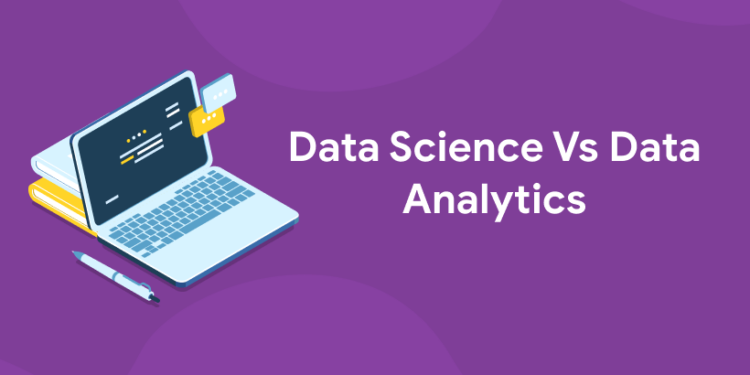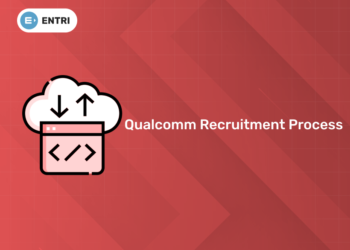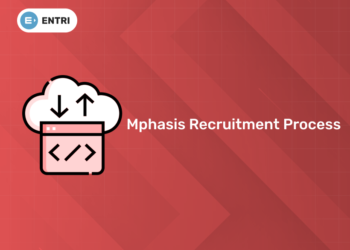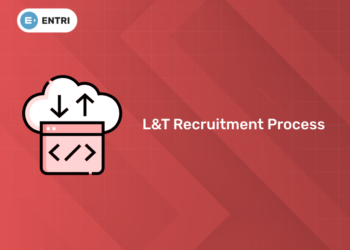Table of Contents
Data science and data analytics are both fields of research that analyze data, but there are some key differences between the two. This article will provide an overview of the main differences between data science and data analytics, as well as looking at how each field overlaps with other fields such as statistics and mathematics. We’ll also briefly look at what a career in each field might involve and we’ll finish by giving some example applications of data science and data analytics from real-world companies. First, let’s look at what exactly both fields mean.
Getting Started
To get started with data science, you will first need to decide if it is a career path that interests you. While there are many potential employers for these professionals, it might not be for everyone. If data science does appeal to you as a potential career choice, you should then begin looking into certifications and degrees that can help you develop or advance your skill set in data science. If you don’t have any experience in programming or statistics, I would start by enrolling in some introductory classes at your local community college. You should also start building up your resume and practice interviewing with local companies if possible.
Enroll in our latest data science program and get free placement assistance
Data Science Vs Data Analytics
1: Which of the following algorithms is most suitable for classification tasks?
Are you trying to find a career in a market that is growing faster than most other careers and one where pay is among some of the highest? Well, then data science might be for you. There’s no doubt that business analytics is an in-demand field, but data science takes it one step further by merging together computer programming and analytics into a highly sought-after skill set. Whether you want to jumpstart your career or advance it quickly, becoming a data scientist can take your salary from $55,000 to $82,000! However, before committing time and money toward becoming a data scientist you first need to understand what exactly it entails. This guide will walk you through everything there is to know about data science so that when you decide if it’s right for you, you have all of the information at your fingertips.
 Start Coding Today! Enroll Now with Easy EMI Options.
Start Coding Today! Enroll Now with Easy EMI Options. 

Equip yourself with in-demand skills to land top-tier roles in the data-driven world.
Start Learning Now with EMI OptionsTypes Of Data Scientists
When you’re starting out as a data scientist, it’s important to know that there are multiple types of data scientists. The type you become depends on your strengths and weaknesses and how much experience you have under your belt. In fact, some people don’t even realize there are different categories of data scientists! To help clarify things, I thought it would be helpful to outline what kind of roles exist in today’s fast-growing industry. Read more… How do you get started?: Once you figure out which category best describes your skill set, it’s time to think about getting started with data science.
If you need additional training or resources for any reason, I recommend checking out some of these great sites: DataCamp is one of my favorite places for beginners to start learning Python (which is essential for most data science jobs). It also has courses in R and SQL. Coursera offers classes through many universities (including UC Berkeley) that cover statistics, machine learning, natural language processing (NLP), computer vision, artificial intelligence (AI), and more. edX has lots of great courses available online through schools like Harvard University, MITx, Stanford University, Georgia Tech, Peking University, and many others.
“Ready to take your data science skills to the next level? Sign up for a free demo today!”
How To Become a Data Scientist?
Work on data problems (the easier and smaller, the better). Start doing Kaggle competitions. Build a Twitter bot that answers questions from tweets. Build an app or website based on an interesting dataset (for example, you can visualize airline flights as a heat map). Attend meetups about data science and/or machine learning. Work for a start-up that needs data scientists (you can even try to get paid to do so if you don’t have much experience in real industry work yet). Do Google interview practice problems or attempt various online courses designed to teach you machine learning basics. Read popular books on those topics, such as Machine Learning by Kevin Murphy or The Elements of Statistical Learning by Trevor Hastie, Robert Tibshirani, and Jerome Friedman.
How To Become a Data Analyst?
Setting your sights on becoming a data analyst means you’ll need to start preparing for a specific set of certifications, including Microsoft Certified Solutions Associate (MCSA), Microsoft Certified Solutions Expert (MCSE), and Project Management Professional (PMP). These three credentials will open doors in organizations of all sizes. Look at it as a hurdle you must jump through—if you land these, employers will take notice. You can expect to earn $70K or more as an entry-level data analyst, with salaries growing from there depending on what type of work you’re doing and how much experience you have. By going after some additional training and certification, you can increase that number even further. To be a successful data analyst, though, it helps to know exactly what you want out of your career. The best place to start is by determining whether you prefer working in an office environment or working remotely. That way, when choosing between job offers, you’ll know which position makes sense for where you’d like to live someday and which positions will allow you maximum flexibility while still providing a good salary level.
 Start Coding Today! Enroll Now with Easy EMI Options.
Start Coding Today! Enroll Now with Easy EMI Options. 

Equip yourself with in-demand skills to land top-tier roles in the data-driven world.
Start Learning Now with EMI OptionsFinal Thoughts
Both data science and data analytics have become increasingly common terms in recent years, but what do they mean? And is there really a difference between them or are we all just talking about data? In short, both deal with data. Data analytics is focused on taking raw data and turning it into meaningful information for companies. The goal of these analyses is to help businesses make informed decisions about future operations. With data science, you’re working on a slightly different task: creating algorithms and models to help solve business problems. These may require more skill than traditional analysis does, as well as a deeper understanding of how machine learning works. If you are interested to learn new coding skills, the Entri app will help you to acquire them very easily. Entri app is following a structural study plan so that the students can learn very easily. If you don’t have a coding background, it won’t be any problem. You can download the Entri app from the google play store and enroll in your favorite course.
Click here to learn data science and machine learning course in Entri app











